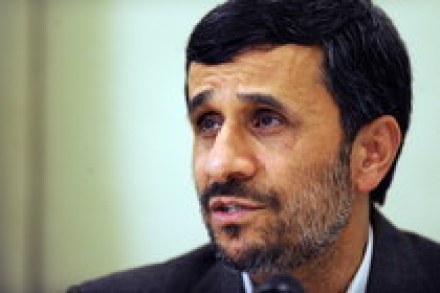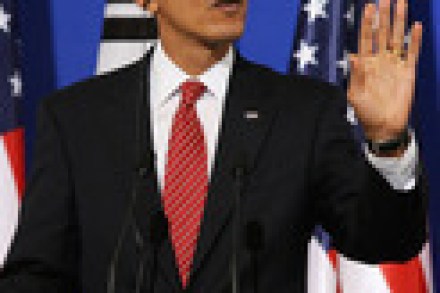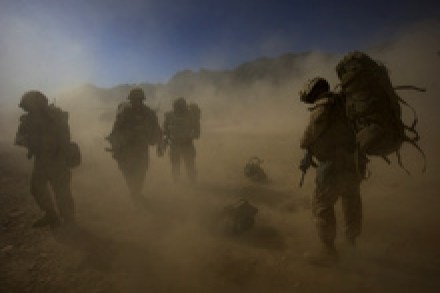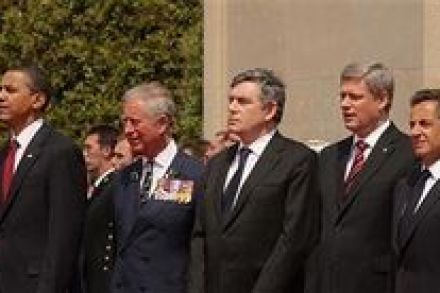What will 2010 mean for Iran?
If you’re looking ahead to 2010, it’s a safe bet that Iran is going to be an even bigger issue than it was this year. The violence currently rocking the country is an echo of June’s presidential election, and a reminder, too, of the continuing internal pressure that the Iranian regime faces. The question now is whether that will be joined by external pressure of some form. After provocation after procovation on Tehran’s part, it’s hard to envision the West keeping its “hand of friendship” outstretched much longer. But it’s also unlikely that Barack Obama – his eyes on the domestic polls – will want to talk too tough



















